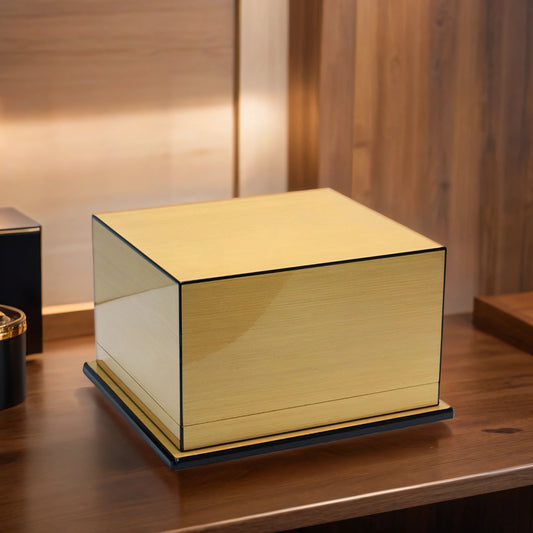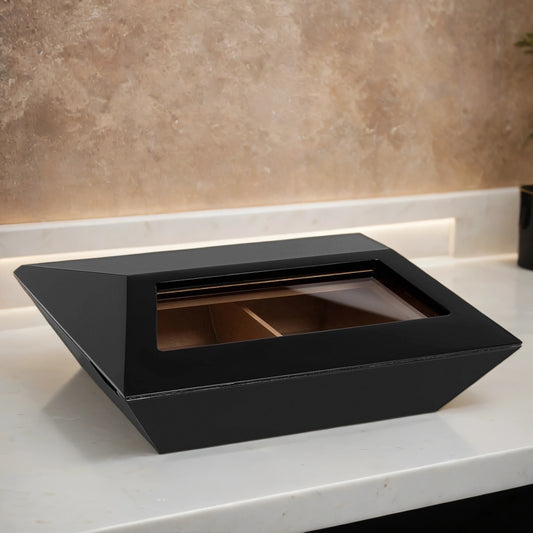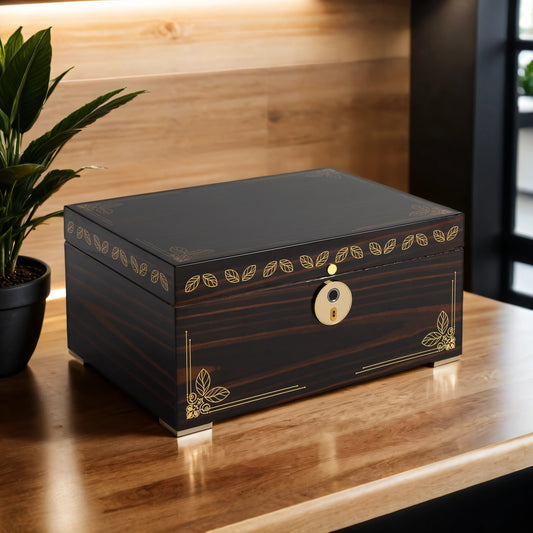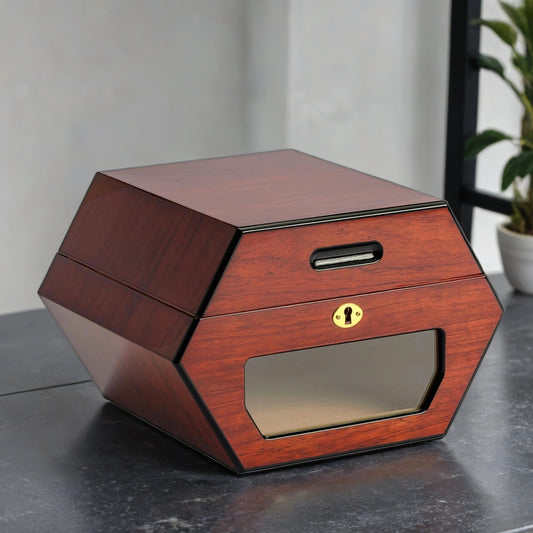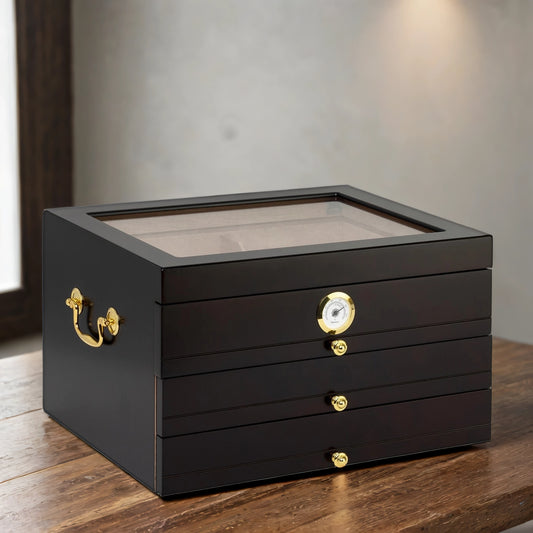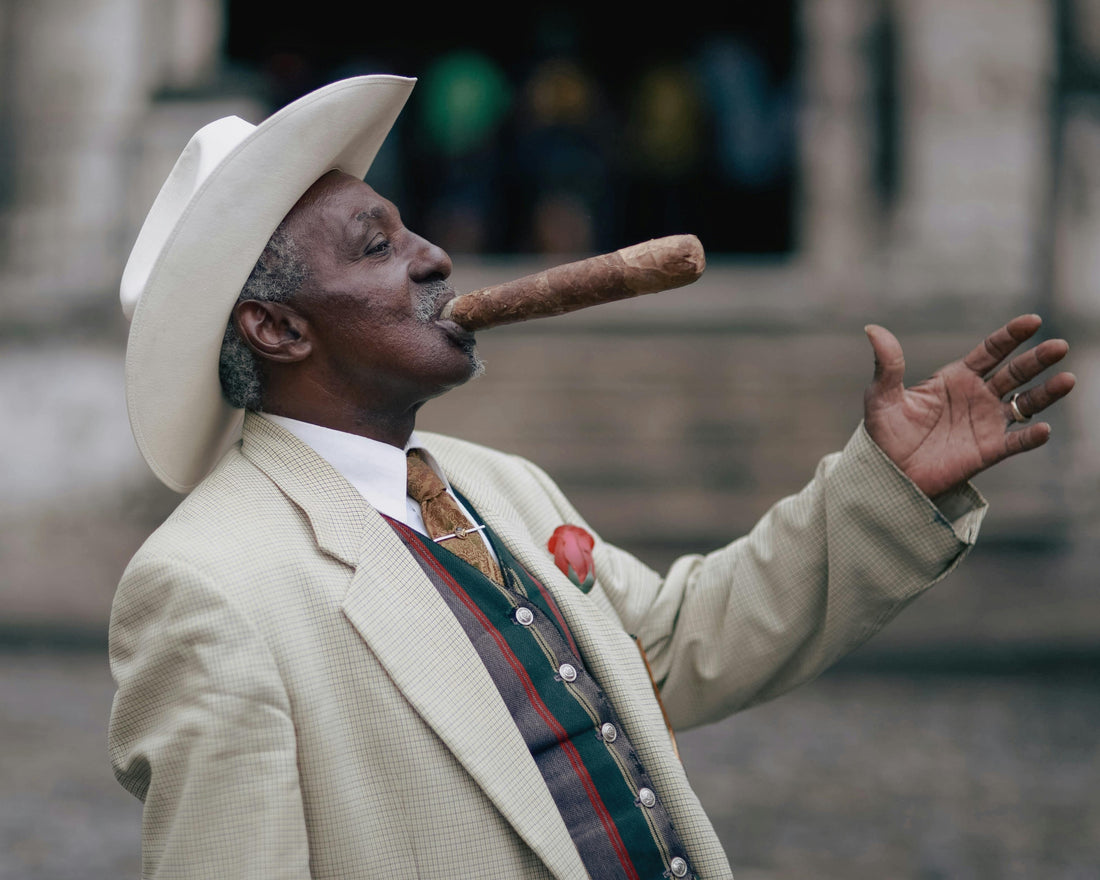
Cuban vs Dominican Cigars: History, Differences, and Which to Choose
The main difference between a Cuban and a Dominican cigar is the flavor journey. Cuban cigars typically bring bold, earthy tones with pepper, spice, and a whiff of Cuban mystique. Dominican cigars tend to be smoother and creamier, with a wider range of flavors from mild cedar and nuts to the occasional peppery surprise. One is like a shot of espresso. The other is more like a well-made cappuccino.
So which is better? That depends on your palate, your passport, and whether you want to deal with Customs. Let’s break it all down.
A Brief History of Cuban Cigars
Cuban cigars have been puffed and praised for centuries. Grown in the mineral-rich soils of Vuelta Abajo, Cuba’s tobacco became world-famous long before cigars were a symbol of power and indulgence. The hand-rolled cigar culture in Cuba dates back to the 18th century, with names like Cohiba, Romeo y Julieta, and Montecristo becoming household legends for aficionados.
Their reputation only grew as Cuban cigars became harder to get. After the U.S. embargo on Cuban goods in 1962, Cuban cigars took on an almost mythical status in America. Legal issues aside, they’ve stayed on the top shelf of cigar lore, often seen as the gold standard by purists and famous cigar smokers like Arnold Schwarzenegger, Michael Jordan and even Tony Soprano.

A Brief History of Dominican Cigars
The story of Dominican cigars kicks off with an exodus. After the Cuban Revolution in 1959, many of Cuba’s most skilled cigar makers packed their bags and fled the island. They didn’t just bring their suitcases. They brought tobacco seeds, generations of know-how, and a fierce dedication to their craft. And thus, Cuban legacy cigars were born.
The Dominican Republic welcomed them with open arms and rich soil. Over time, it became a cigar powerhouse in its own right. Today, the Dominican Republic is the largest exporter of premium cigars in the world. Brands like Arturo Fuente, Davidoff, and La Flor Dominicana are no longer second string. They are marquee players.
Dominican cigars are known for their smooth flavor, reliable construction, and excellent quality control. If Cuban cigars are the old-money aristocrats of the cigar world, Dominican cigars are the sharp-dressed entrepreneurs who built their own empire.
Are Dominican Cigars Good?
Absolutely. Dominican cigars are more than good. Many are exceptional. The Dominican Republic is home to some of the most respected cigar brands in the world. Fuente Fuente OpusX, for example, has reached near-mythical status with collectors. Davidoff delivers high-end consistency that rivals anything coming out of Havana.
You’ll find mild smokes perfect for a morning coffee, and rich, complex blends that can stand up to a steak dinner and a barrel-aged bourbon. In other words, Dominican cigars don’t just hold their own. They throw their weight around. My electric humidor certainly contains a great deal of Dominicans, I'll tell you that!
Cuban vs Dominican Cigars
Comparing Cuban and Dominican cigars is like putting a vintage muscle car next to a modern luxury sedan. One offers raw power and legacy, while the other is refined and smooth with all the precision of years of innovation. Cuban cigars are famous for their bold, earthy character with notes of spice, pepper, and deep natural tobacco.
When you smoke a Cuban, you are taking part in a long-standing tradition that leans heavily on history and terroir. Sometimes you get a perfect draw. Sometimes you fight for it. That is part of the charm.
Dominican cigars are the polished result of that same tradition blended with evolution. After the Cuban revolution, many of the best rollers and growers took their talents to the Dominican Republic. What grew from that migration was a cigar industry that now leads the world in exports and innovation.
Dominican cigars are often smoother, creamier, and more consistent. They cover a broader spectrum of flavor, from soft and sweet to bold and spicy. The construction is typically more refined. The experience is often more reliable.

Which Should You Choose?
Here’s where it comes down to personal taste:
- If you like strong, bold flavor with a side of legend and you live somewhere they’re legal, Cuban cigars may be your thing.
- If you want variety, smoothness, great construction, and legal peace of mind, Dominican cigars are hard to beat.
New to cigars? Dominican smokes are more forgiving and approachable. Veteran with a seasoned palate and a connection in Europe? Maybe you lean Cuban.
There’s no wrong answer here. Only preferences. Think of it like wine. Some nights call for a big Italian red. Others, a silky California Pinot.
U.S. Legal Complications
Let’s clear the smoke. If you’re in the United States, Cuban cigars are illegal. You cannot buy, import, or bring them back from overseas. The embargo remains in place, and despite occasional political shifts, the rules haven’t changed recently.
Dominican cigars are completely legal in the U.S. They’re sold in every good cigar lounge, shipped to your doorstep, and stocked in humidors across the country. You get premium quality, no hassle, and no need to look over your shoulder at customs.
Final Thoughts: Cuban vs Dominican Cigars
This is a comparison that has no clear winner. Cuban cigars are steeped in heritage, scarcity, and a flavor profile that many purists chase. Dominican cigars are the quiet heavyweight. They have earned their respect not by leaning on history, but by delivering time and time again.
If you are lucky enough to legally enjoy Cuban cigars and appreciate a bold, earthy smoke with all the quirks of traditional rolling, you will likely enjoy what they have to offer. If you want a cigar that is smooth, accessible, and reliably well-made, Dominican cigars are your best friend.
Most seasoned smokers keep both. Some nights call for a little tradition. Others are better suited for something silky with perfect airflow. The good news is you do not have to choose one forever. You just have to know what kind of cigar fits the moment.

